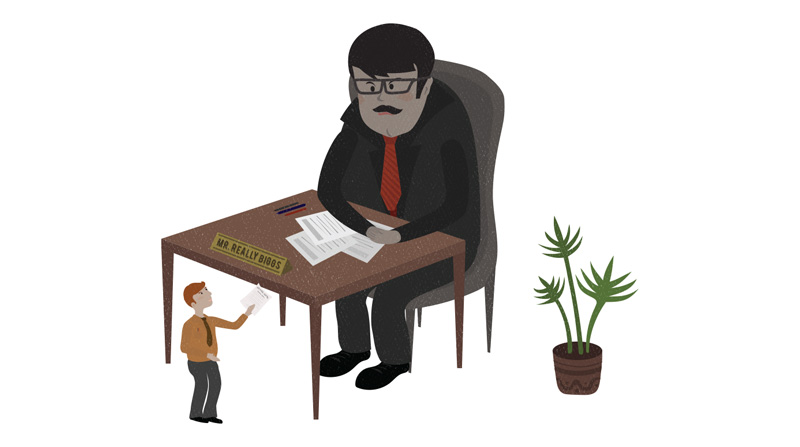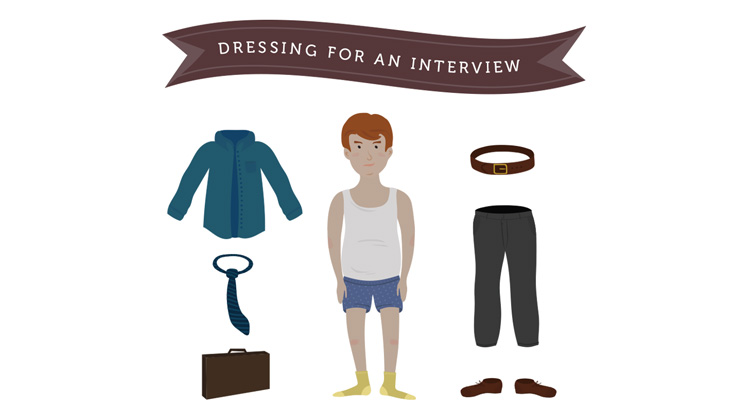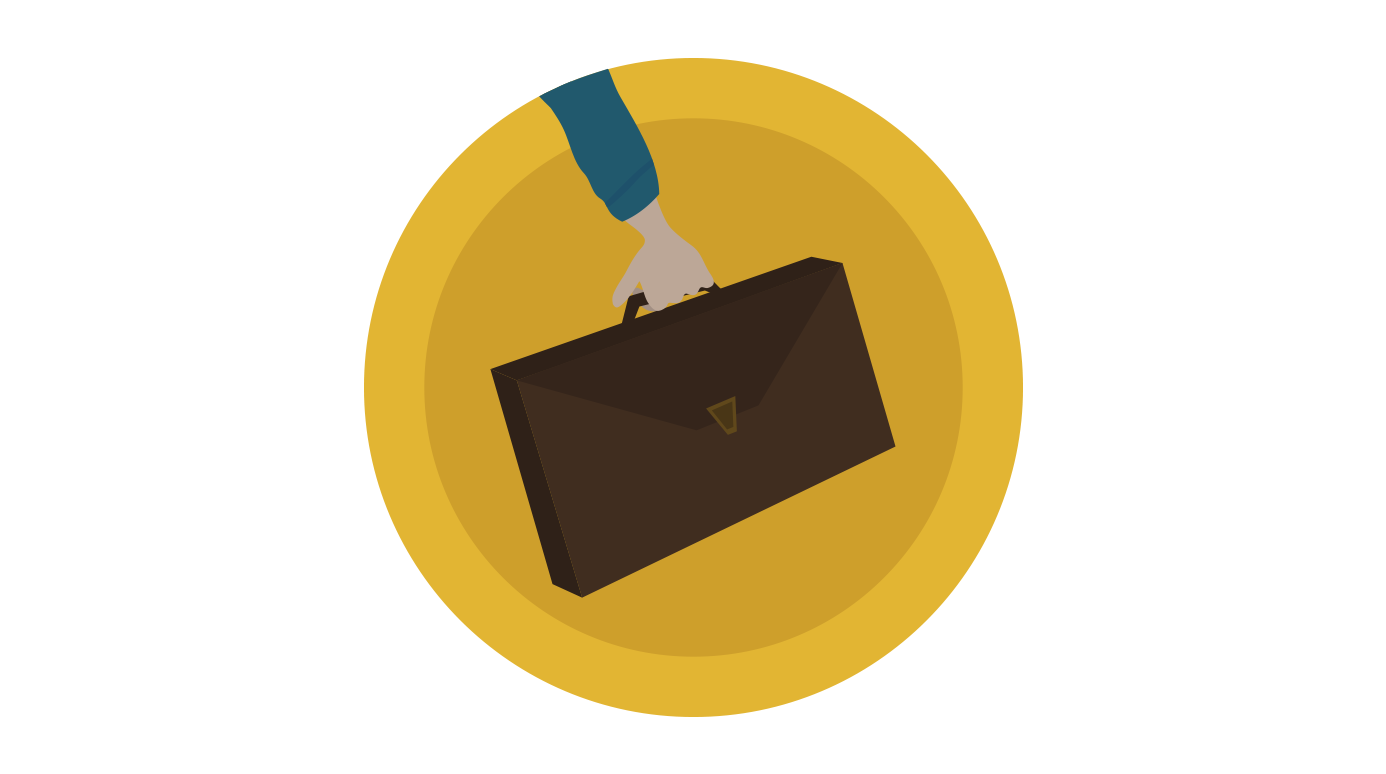Interviewing Skills -
Preparing for an Interview

Interviewing Skills
Preparing for an Interview


/en/interviewingskills/types-of-interviews/content/

Knowing that you have an interview coming up can be stressful! However, if you use the time before your interview to prepare yourself, you will likely look and feel more confident during the interview.
This lesson will guide you through different ways to prepare for an interview. It will explain how to research the organization beforehand. It will help you identify appropriate attire and provides you with a checklist of items to bring along with you. Finally, it will help you both prepare to ask the right questions and practice answering questions you are likely to be asked.
During an interview, you will need to show an employer that you know about the needs of their organization. One way to prepare for this is to do your research In general, you want to find out:

Like most people, interviewers are susceptible to first impressions, and one of the first things an interviewer will notice is how you're dressed. Since you want to make sure your first impression is a positive one, here are some things to keep in mind when choosing an outfit:

After you've decided what to wear, it's time to think about what you should bring along with you. It's also important to know what you should leave at home or in your car.
Take a look at our interview checklist and decide which items to have on hand...
And here are a few things to avoid...
Because the largest portion of your interview will be spent answering questions, the best way to prepare for an interview is to anticipate the questions you'll likely be asked and then practice your answers.
All interviewers will ask some common interview questions to determine if you are the best candidate for the job. These questions usually deal with your career goals, your level of interest in the job and company, your job skills, and your interpersonal communication skills.
Here are some common interview questions you may be asked...
You may not know exactly which questions you'll be asked during your interview, but there is something you can do to make sure you are as prepared as possible to answer them: practice using the STAR method.
The STAR method begins with a description of a Situation, then describes the Tasks that were necessary for the situation, the Actions you took to address that situation, and the Result.
Have a few of these STAR stories prepared before going into the interview. Use the accomplishments you included on your resume as a starting point, then mentally outline two STAR stories to talk about in your interview.
For more advice about how to answer questions specific to your role/situation, check out the articles about interviewing on Indeed.com.
Coming up with your own questions
An interview is as much for you as it is for the hiring manager. It is your chance to find out more about the job, the company, the industry, and your potential boss. Your questions should show your genuine interest in or understanding of the company. Knowing which questions to ask and which to not ask can help you get more out of your interview—and can perhaps even get you the job!
Here are the types of questions you might consider asking during your interview...
If you don't ask any questions during your job interview, the hiring manager might think you're not really interested. And remember to avoid questions about salary or benefits until you've been offered the position.
/en/interviewingskills/interview-etiquette/content/